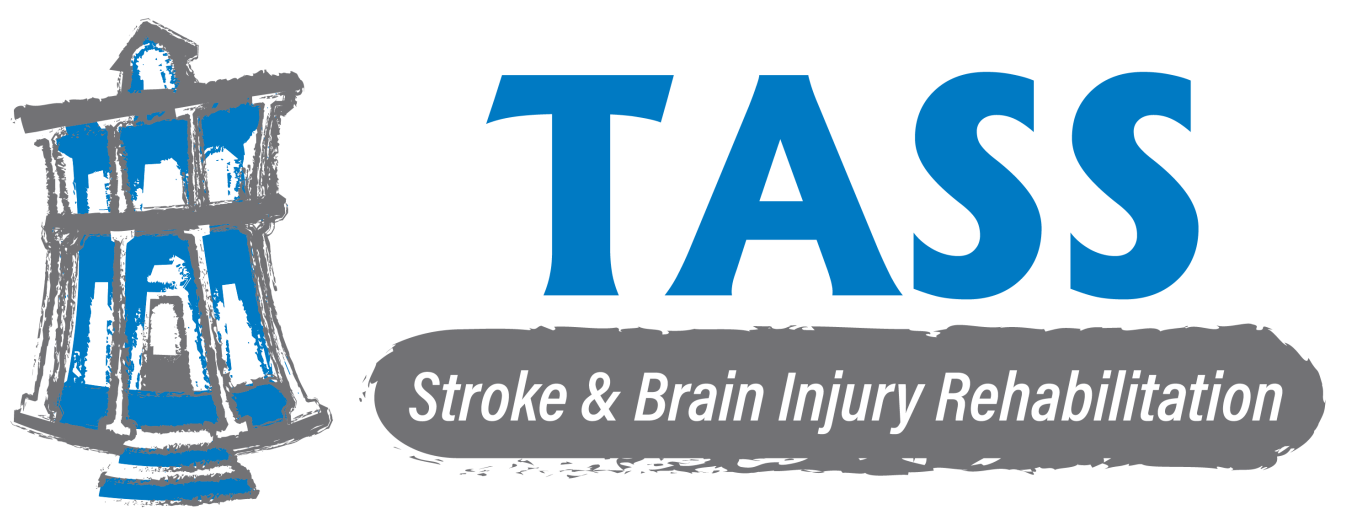Speech Therapy
“The secret of getting ahead is getting started. The secret of getting started is breaking down complex overwhelming tasks into small manageable tasks, and then starting on the first one.”
Assessment & Treatment
The speech-language pathologist is responsible for the evaluation and treatment of communication and cognitive disorders. Cognition is the conscious process of knowing or being aware of thoughts or perceptions, including understanding and reasoning (thinking). Cognitive impairments are usually a result of damage to the frontal lobe of the brain. This is the area of the brain that controls the executive functioning of the individual. These functions include initiation, memory, problem solving, judgement, inhibition of behavior, planning/anticipation, self-monitoring, personality/emotions, insight, awareness of abilities/limitation, organization reasoning, attention/concentration and mental flexibility. Assessment and treatment by the speech pathologist may include the area of language (i.e. listening, talking, reading, writing), cognition, motor speech sills, functional communication, pragmatic skills, and conversational skills. If indicated, a swallowing assessment and hearing screening may also be included in the initial assessment. In a community based, transdisciplinary rehabilitation program, the speech-language pathologist also communicates with other team members, program supervisors, and vocational placement personnel, information regarding the communication and cognitive abilities of the client. The speech-language pathologist provides individual and group treatment, as well as developing compensatory strategies (i.e. daily schedule, memory book, calendar, watch, checklists (to be implemented by the client sit the assistance of the direct care staff.
In addition, when speech production is not an option for functional communication, an alternative or augmentative communication system may be recommended and implemented for the client.
The speech pathologist is also responsible for development and training of compensatory strategies. Compensatory strategies are techniques or prosthetic devices designed to alleviate some of the problems caused by cognitive impairment. For example, training a person to use a memory book does not improve a person’s memory per se, but it does eliminate many of the common problems associated with loss of memory.


